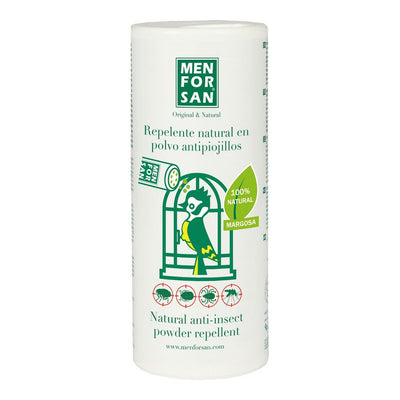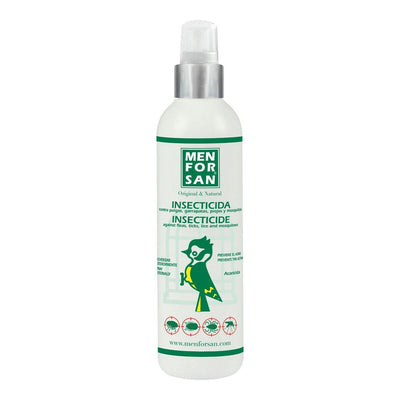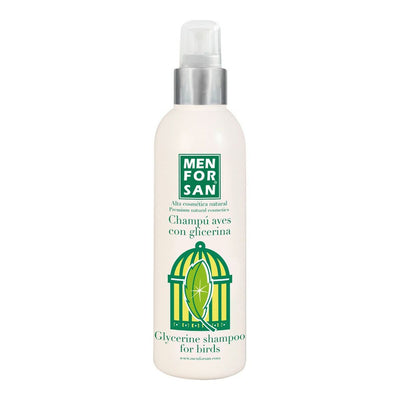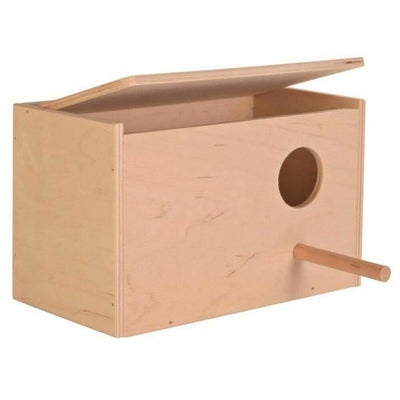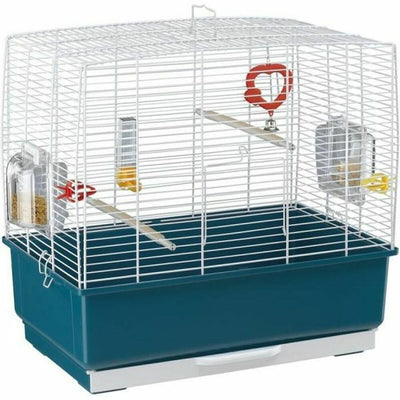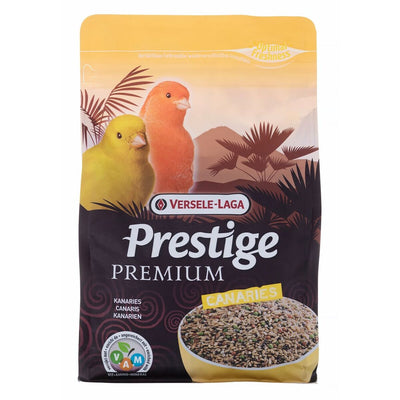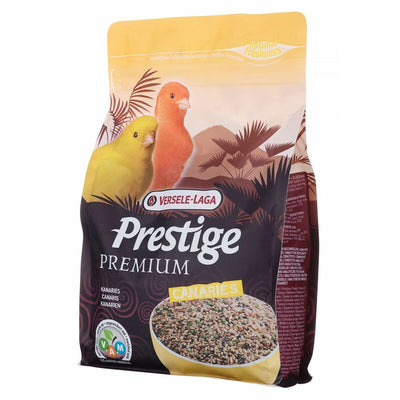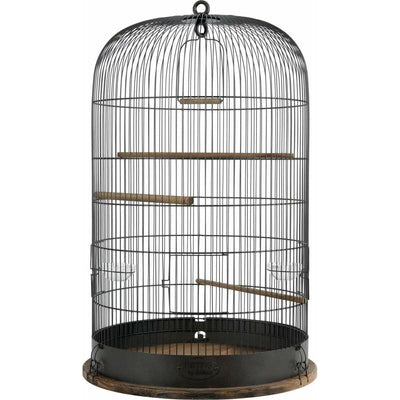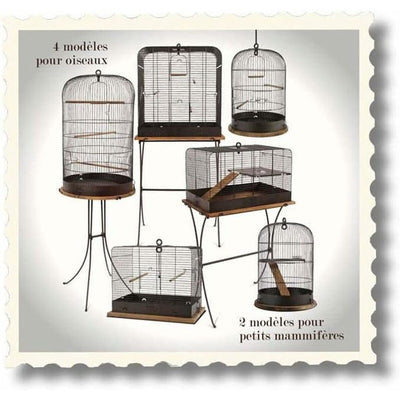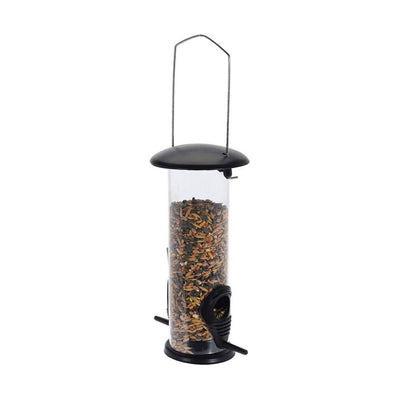
Birds
Birds: Selecting and caring for feathered companions
A pet bird can bring joy, companionship and a touch of nature into your home. From colorful parakeets to intelligent cockatiels to majestic macaws, there is a bird for every personality and lifestyle!
Popular pet bird species
Choosing the right type of bird is crucial to a successful relationship between pet and owner. Here are some popular options:
- Budgies (budgies): Budgies are small, playful and easy to care for, making them perfect for beginners.
- Cockatiels: Known for their charming fur and friendly behavior, cockatiels make great companions.
- Lovebirds: These small parrots are known for their affectionate behavior and colorful plumage.
- Parakeets: Because there is a wide variety of species, parakeets are sociable birds that enjoy interaction.
- Conures: Energetic and playful, Conures are ideal for anyone looking for an active feathered friend.
Set up your bird's habitat
Creating a bird-friendly habitat is critical to their well-being. Here is a checklist of points to consider:
- Cage: Choose a spacious cage with horizontal bars for climbing. Make sure it is appropriate for the bird's size and flying abilities.
- Perches: Provide a variety of perches with different diameters to promote foot health.
- Toys: Birds are intelligent and need mental stimulation. Offer toys like mirrors, swings, and puzzle feeders.
- Bedding: Place newspaper or special bedding on the cage to make cleaning easier.
- Food and water bowls: Choose safe, easy-to-clean bowls for your bird's daily diet.
- Squid or Mineral Block: Essential for providing calcium and maintaining beak health.
- Cover: Birds need a quiet, dark place to rest. Use a blanket to simulate nighttime and promote sleep.
Daily and weekly care routine
There's more to caring for a pet bird than just feeding. Follow these guidelines:
- Feeding: Provide a balanced diet with pellets, fresh fruits, vegetables, and occasional treats. Find out about the specific nutritional needs of your bird species.
- Care: Trim your bird's claws and beak regularly if necessary. Some birds like to bathe. Therefore, provide them with a shallow bowl for bathing.
- Social Interaction: Birds are social creatures; Spend quality time with your feathered friend every day. Talk, sing or even teach them tricks.
- Veterinary care: Schedule regular checkups with an avian veterinarian and stay up to date on vaccinations.
- Clean the cage: Perform daily spot cleaning and thorough weekly cleaning. Disinfect and replace bedding regularly.
- Monitor behavior: Watch for changes in behavior as these may indicate illness or stress.
FAQs about birds
Which type of cage is suitable for an ornamental bird?
Choose a cage that allows your bird to fully spread its wings and has horizontal bars for climbing. Make sure it is large enough for your bird's species.
How often should I clean my bird's cage?
Perform daily spot cleaning and deep weekly cleaning. Disinfect the cage and replace the bedding regularly.
Can I teach my bird tricks?
Yes, many birds can be taught to perform tricks using positive reinforcement techniques. Be patient and consistent in your training.
What should I feed my pet bird?
Provide a balanced diet with pellets, fresh fruit, vegetables and occasional treats. Find out about the specific nutritional needs of your bird species.
How can I tell if my bird is sick?
Watch for changes in behavior, appearance, or eating habits. Consult an avian vet if you notice any abnormalities.
Do birds need company?
Yes, most birds thrive on social interaction. Spend plenty of time with your bird every day and consider finding a companion if appropriate for the species.
Are there household items that are poisonous to birds?
Yes, many common household items, such as certain plants, certain foods, and some cleaning products, can be toxic to birds. Do your research and make sure your home is bird-proof.


